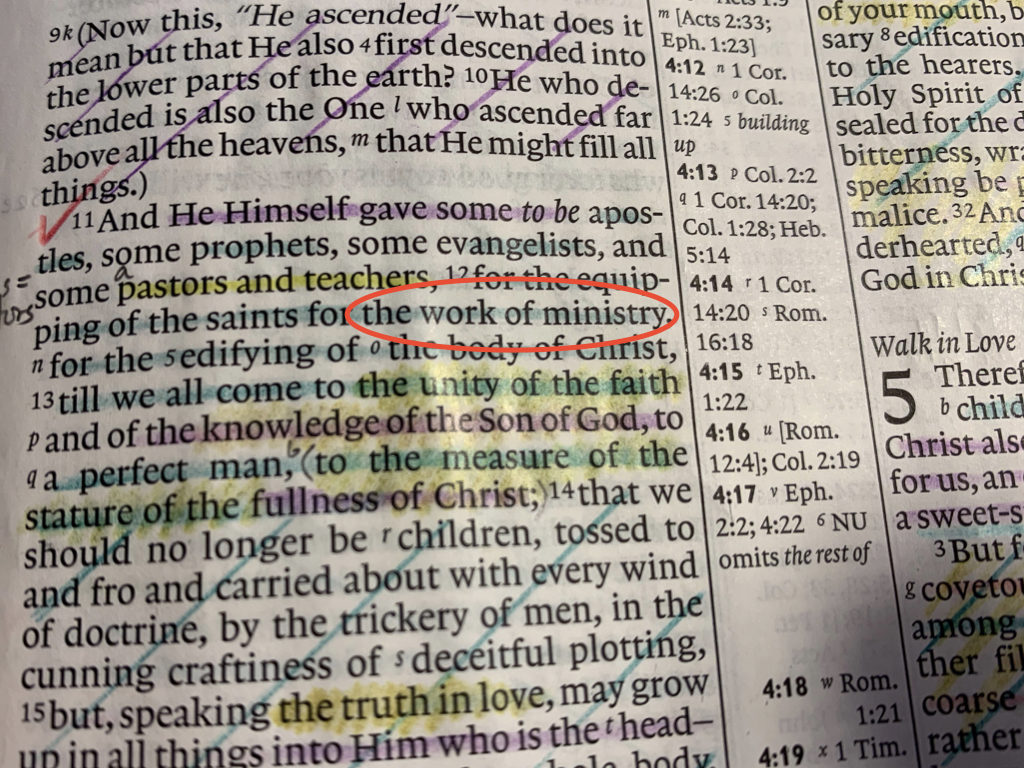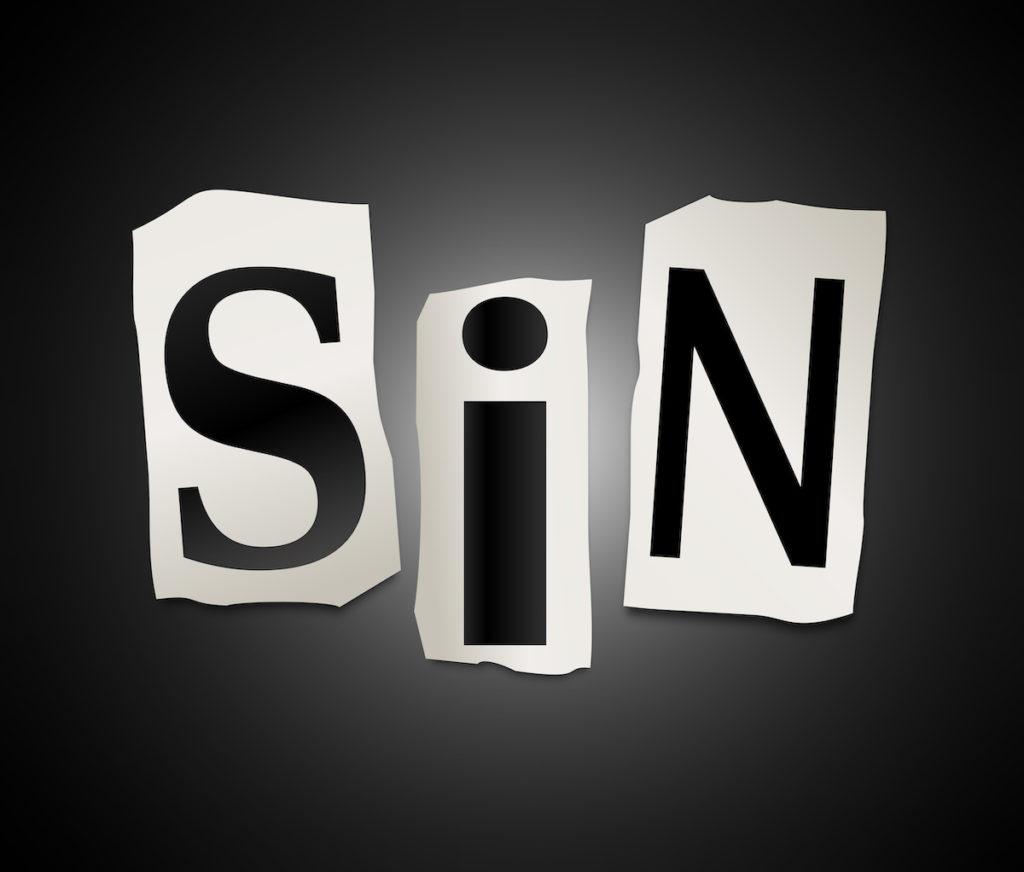
Matthew 10:6, Lost sheep of the house of Israel.The phrase the house of Israel is used 146 times in the Scriptures, and has several possible meanings depending on the context of the surrounding verses in which it is found. To help us to define this term, let’s discover its historical roots or how it originated.
Prior to the division of the united kingdom of Israel after the death of Solomon, this phrase referred to all twelve tribes of Israel. Afterward the death of Solomon, the nation of Israel split into two nations—the Northern Kingdom and the Southern Kingdom. The latter was comprised primarily of the tribes of Judah, Benjamin and Levi, while former kingdom was comprised of the remaining tribes of Israel. During this time, the phrase the house of Israel as a reference to the Northern Kingdom of Israel was often used in contradistinction to the phrase “house of Judah” in reference to the Northern Kingdom of Israel.
In the Testimony of Yeshua, the Messiah makes reference to the “lost sheep of the house of Israel” (Matt 10:6; 15:54). To which tribes was he referring? All of them or only some of them? Elsewhere in the Testimony of Yeshua this term refers to all twelve tribes of Israel (Acts 2:36; 7:42; Heb 8:10), and in some references it refers just to the Northern Kingdom (Heb 8:8). The point here is that the context of the passage of scripture surrounding this phrase determines its meaning.
Although this phrase can include all the tribes of Israel and not just the Jews who were largely from the tribe of Judah, in Matthew 10:6, Yeshua seems to equate the lost sheep of the house of Israel with the Jews who were living in the land of Israel in his day, and not to the rest of the Israelite tribes who were at that time scattered among the Gentile nations. It was Yeshua’s priority to take the gospel message first to the Jews in Jerusalem and Judea, and then to the rest of the world, and he expected his disciples to follow this same pattern (Acts 1:8).
In the larger sense, the Scriptures reveal that all of YHVH’s people have been like sheep that have gone astray spiritually, every man to his own way, because of sin (Isa 53:6). So in the broadest sense, this phrase refers to all the tribes of Israel including Gentiles with which they have mixed themselves through intermarriage.
Eventually, the gospel message is for everyone universally. Yeshua demonstrated this when, on several occasions, he ministered to non-Jewish Gentiles including preaching the gospel message to the Samaritan woman in John chapter four, the Syro-Phoenician woman in Mark chapter seven, and the Roman centurion in Matthew chapter eight.
Twelve Benefits of Understanding Who
the Two Houses of Israel Are
Is the commonly called “two house” or “two-stick” message” of the Bible something we should study? Are there any spiritual and prophetic benefits to understanding who the two houses of Israel are? The answer is yes. I would prefer to call it the “One House Message,” since this biblical truth involves the regathering and reunification of the Jews (the house of Judah) and the Christians (the house of Israel or Ephraim) into one nation through Yeshua the Messiah. This is the one new man message Paul proclaimed in Ephesians chapter two. This is the great and largely overlooked truth behind the message of the gospel of Yeshua the Messiah. This is why it’s important to understand.
Continue reading






